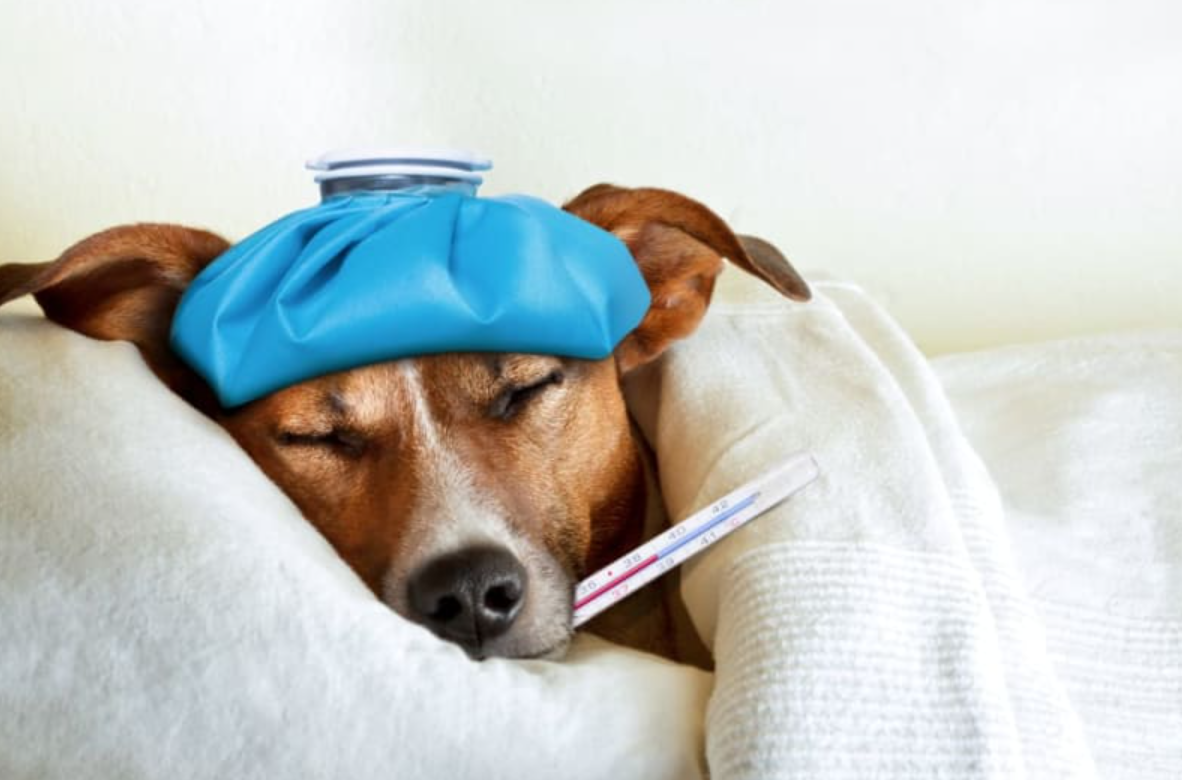If you’re vacationing with your furry friend this summer, it’s essential to plan ahead for potential emergencies, advises the Royal College of Veterinary Surgeons (RCVS).

Veterinary practices throughout the UK are mandated by RCVS guidelines to ensure provision for out-of-hours emergency care, a commitment recently reaffirmed. However, it’s crucial for pet owners to know what steps to take in a veterinary emergency, especially when away from home.
RCVS Vice-President Jerry Davies emphasizes the importance of being prepared: “While holidays for pets are typically filled with new and exciting experiences, it’s essential to be ready for any unexpected emergencies. Prompt veterinary attention is crucial, so owners should know in advance where to seek help.”
For pet owners seeking veterinary assistance in UK holiday destinations, the RCVS offers a free online ‘Find-a-Vet’ service (www.findavet.org.uk), searchable by town or postcode. This resource also indicates whether practices are accredited by the RCVS under its Practice Standards Scheme, promoting the highest standards of care.
Jerry further explains the varying arrangements for emergency care outside normal practice hours: “Practices may handle emergencies internally, collaborate with other practices, or engage dedicated emergency service providers. Clear communication of these arrangements is essential, so it’s wise to contact practices beforehand for clarification.”
Before embarking on holiday with your pet, keep these tips in mind:
- Use www.findavet.org.uk to locate a nearby veterinary practice and familiarize yourself with its emergency protocols, or seek advice from your regular vet.
- Bring any prescribed medication and usage instructions for your pet.
- Understand that home visits during emergencies are rare; be prepared to transport your pet to the practice for optimal treatment.
- Ensure the holiday practice can access your pet’s clinical records by carrying your regular vet’s contact details.
- Be aware that emergency treatments out-of-hours may incur higher costs; vets must obtain consent for non-emergency treatment.
- Even if leaving your pet with a friend or pet-sitter, confirm with your regular practice that their emergency arrangements remain unchanged.

